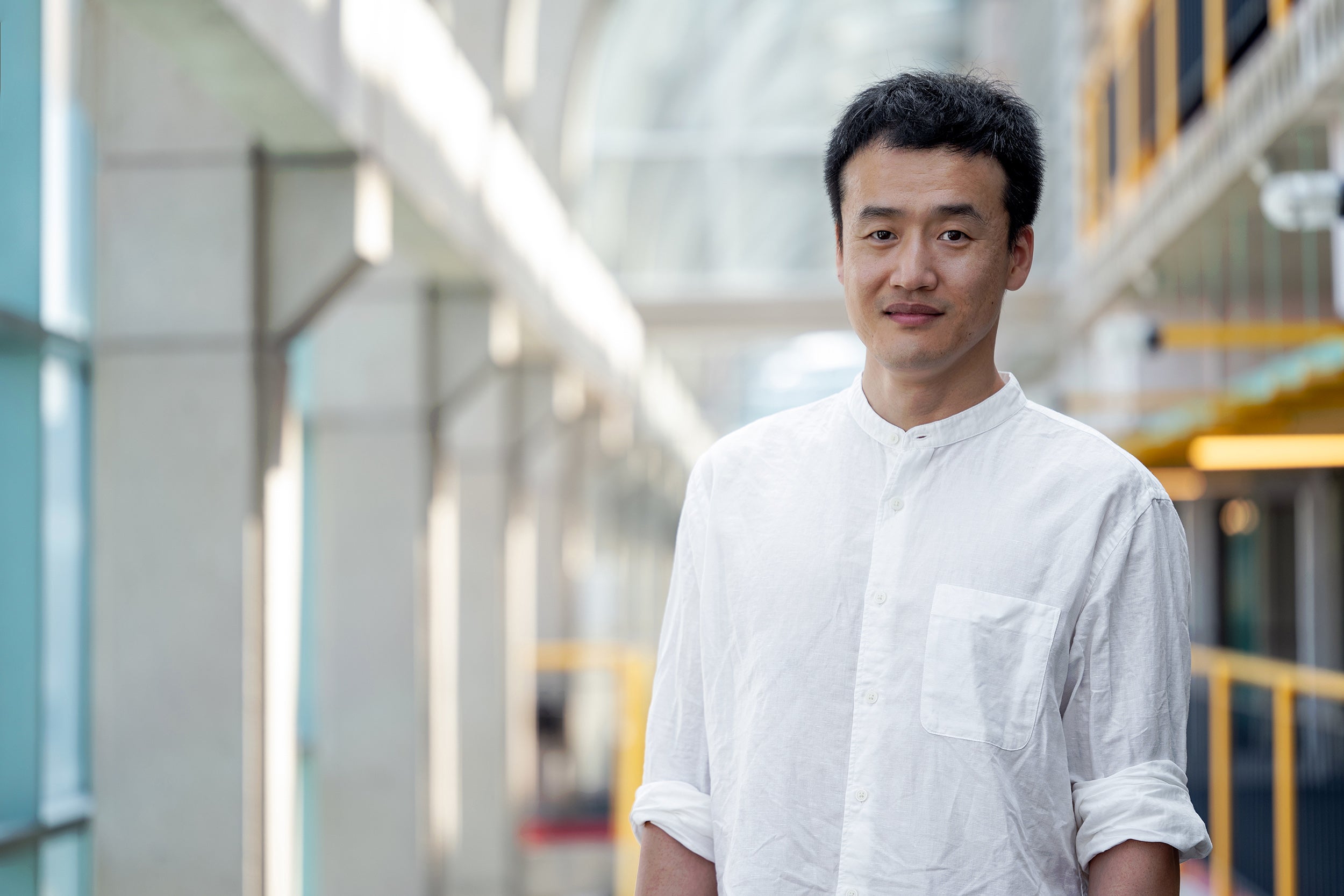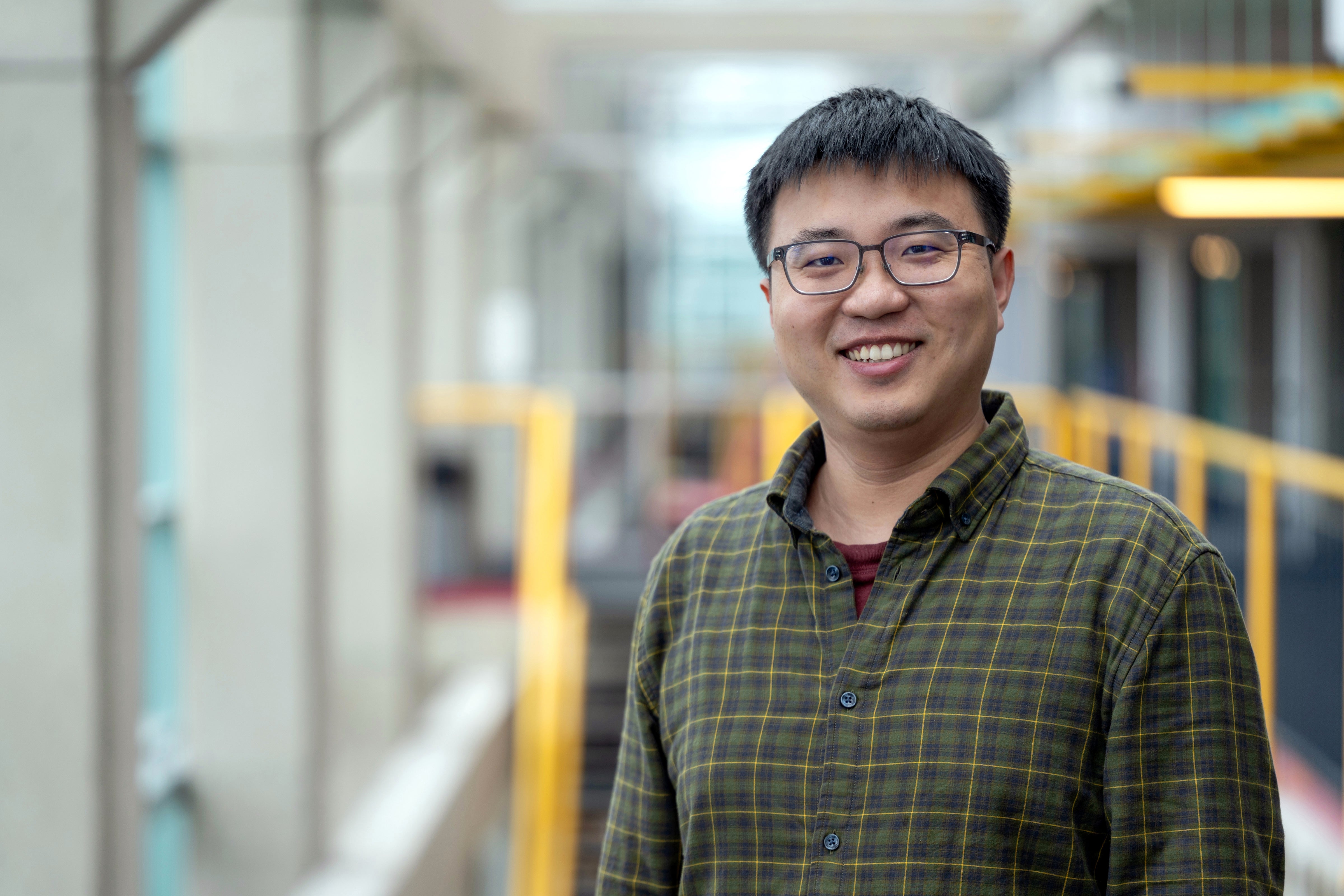Professors Chengnian Sun and Hongyang Zhang have each been awarded $60,000 USD through the 2025 Google Research Scholar Program. Professor Sun’s project will focus on enhancing compiler optimizations, while Professor Zhang’s project aims to improve the speed and efficiency of reasoning in large language models.
The Google Research Scholar Program supports early-career faculty across the globe who conduct innovative research in fields relevant to Google. The program provides unrestricted funding to help promising academics advance their research. Open to university researchers worldwide, this competitive program selects a limited number of proposals for funding through a rigorous review process.
Chengnian Sun
Discovering Missing Peephole Optimizations with Large Language Models
Peephole optimizations are a class of compiler optimizations that locally transform small instruction sequences within programs. Rather than being governed by a unified algorithm, peephole optimizations are essentially collections of pattern matchers, where each identifies opportunities for optimization. Peephole optimizers are inherently incomplete, with new patterns continuously added by compiler developers. The LLVM compiler, for instance, dedicates more than 25,000 lines of C++ code to peephole optimizations, a number that continues to grow. Identifying these optimization patterns, however, is a significant challenge. Current approaches, which rely heavily on manual effort or automated tools, do not scale well because of the problem’s complexity.
Professor Sun’s research will tackle this problem by introducing an automated, intelligent and scalable approach. Large language models will be used to automatically discover novel peephole optimizations. Preliminary findings already show substantial promise in uncovering previously overlooked optimizations, potentially transforming how compilers are developed and maintained.

Chengnian Sun is an Associate Professor at the Cheriton School of Computer Science. His research interests lie at the intersection of software engineering and programming languages, with a focus on improving software quality and enhancing developer productivity through better tools, techniques and methodologies.
He has a PhD in Computer Science from the National University of Singapore. Before joining the Cheriton School of Computer Science, he worked as a software engineer at Google in Mountain View, California, and as a postdoctoral researcher at the University of California, Davis.
Hongyang Zhang
Accelerating Test-Time Compute LLMs via Speculative Decoding
Large language models, such as Gemini 2.0 Flash Thinking, exhibit remarkable reasoning abilities in mathematics and coding. Their computational demands and slow inference speeds, however, pose significant challenges.
Building on his previous work in speculative decoding, Professor Zhang’s project aims to develop next-generation speculative decoding methods to accelerate large language model inference at test time. His research will target two key areas — reducing latency for reasoning tasks and improving throughput for large-batch queries in high-load scenarios. These proposed advancements will enhance the speed and efficiency of large language model reasoning processes for critical applications while substantially reducing operational costs.

Hongyang Zhang is an Assistant Professor at the Cheriton School of Computer Science, where he leads the SafeAI Lab. His research explores the intersection of the theoretical foundations and practical methodologies in machine learning and algorithms.
He completed his PhD in the Machine Learning Department at Carnegie Mellon University in 2019. Before joining the Cheriton School of Computer Science, he was a postdoctoral researcher at the Toyota Technological Institute at Chicago.